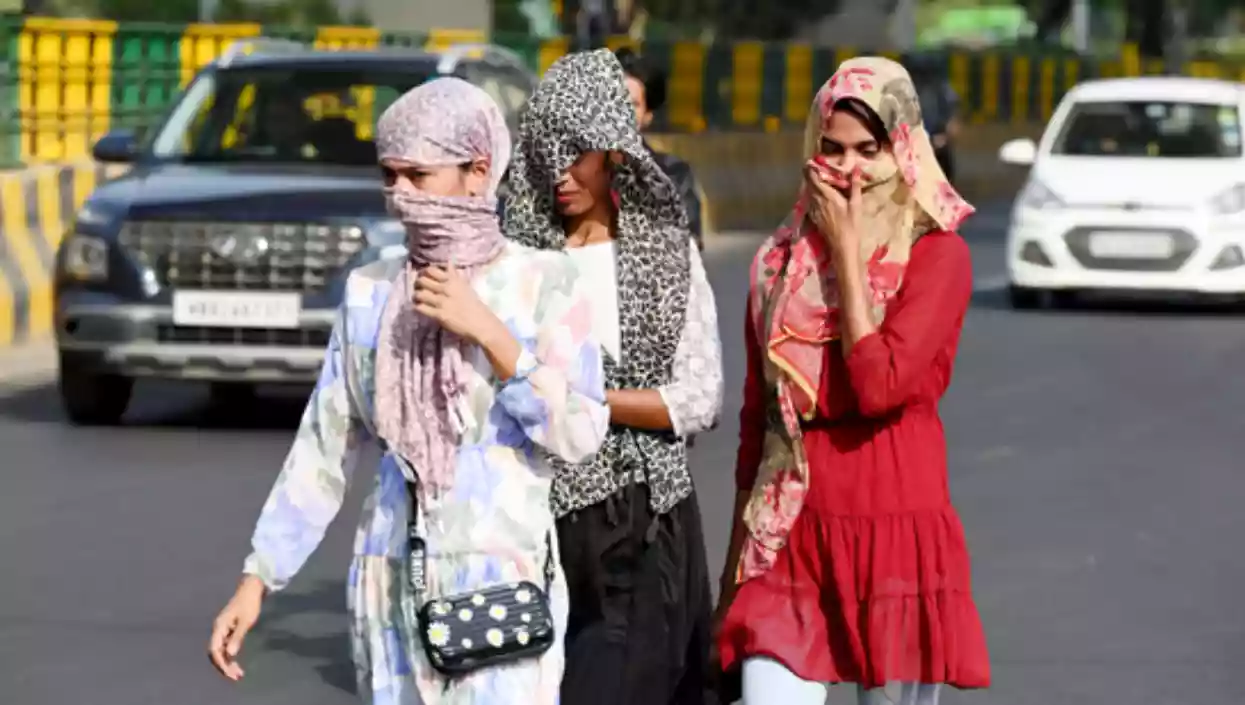.gif)
.gif)

Brace yourselves, North India — summer has officially turned ruthless. The India Meteorological Department (IMD) has issued a heatwave warning for several northern states, including Delhi, with maximum temperatures expected to soar up to 42°C between April 7 and 10.
According to the latest IMD bulletin, Delhi-NCR has already started experiencing a sharp uptick in day temperatures, currently ranging between 38–40°C. While minimum temperatures remain within the normal range (18–21°C), the mercury is expected to rise sharply in the coming days, with no immediate respite in sight.
From April 7 onwards, Delhi is expected to record highs of 42°C, with minimums between 20–23°C. Winds are expected to shift to southeasterly directions at speeds of 8–14 kmph. Despite the oppressive heat during the day, IMD has not predicted “warm night” conditions, offering slight nighttime relief.
The heatwave isn’t restricted to the national capital alone. IMD forecasts similar sizzling conditions across Rajasthan, Uttar Pradesh, Haryana, Punjab, Madhya Pradesh, and even parts of Himachal Pradesh. West Rajasthan may witness a particularly prolonged spell till April 10. Saurashtra, Kutch, and Gujarat are also under alert for hot and humid conditions.
Delhi’s regional weather center attributes the early heat surge to stronger southwesterly winds, clear skies, and an absence of rain-bearing systems. Wind speeds have ranged from 12 to 25 kmph over the past 24 hours, accelerating the warming pattern.
However, while northern India bakes, southern and northeastern states are likely to receive light to moderate rainfall due to the interaction of moist winds from the Arabian Sea and Bay of Bengal. Thunderstorms, lightning, and isolated hailstorms are forecast in regions such as Kerala, Tamil Nadu, Odisha, Assam, and the Andaman & Nicobar Islands through April 6.
As temperatures climb across the country, authorities are urging people to avoid direct sun exposure during peak hours, stay hydrated, and keep vulnerable populations — particularly children and the elderly — protected.